This day began bright and early at 7, when our guide Hillel picked us up from our AirBnB outhouse in Jerusalem. We promptly set out for Masada, an ancient ruin overlooking the Dead sea that was once held by Jews and conquered by the Romans in 73 or 74 AD. Before we got there, we made brief stops at the sea level marker (the dead sea is 423 meters below sea level) and a little gas station market.
When we got there we bought tickets and prepared for our walk up the front of the mountain that Masada resides upon. We took the “snake” path up the mountain, which derives its name from its numerous switchbacks. I decided to get some exercise by power walking up the path, and in the process took off my shirt and sweat a lot. Right after I got to the top, a tram-load of old tourists happened to come up at the same time, all of whom took great delight in laughing at me, calling me ‘Americano’, and taking pictures. I was too tired and hot to do anything but laugh back at them; it was probably a hilarious scene to have observed. After waiting for Hillel and Hannah to make their way up, we began a thorough tour of the ruins.

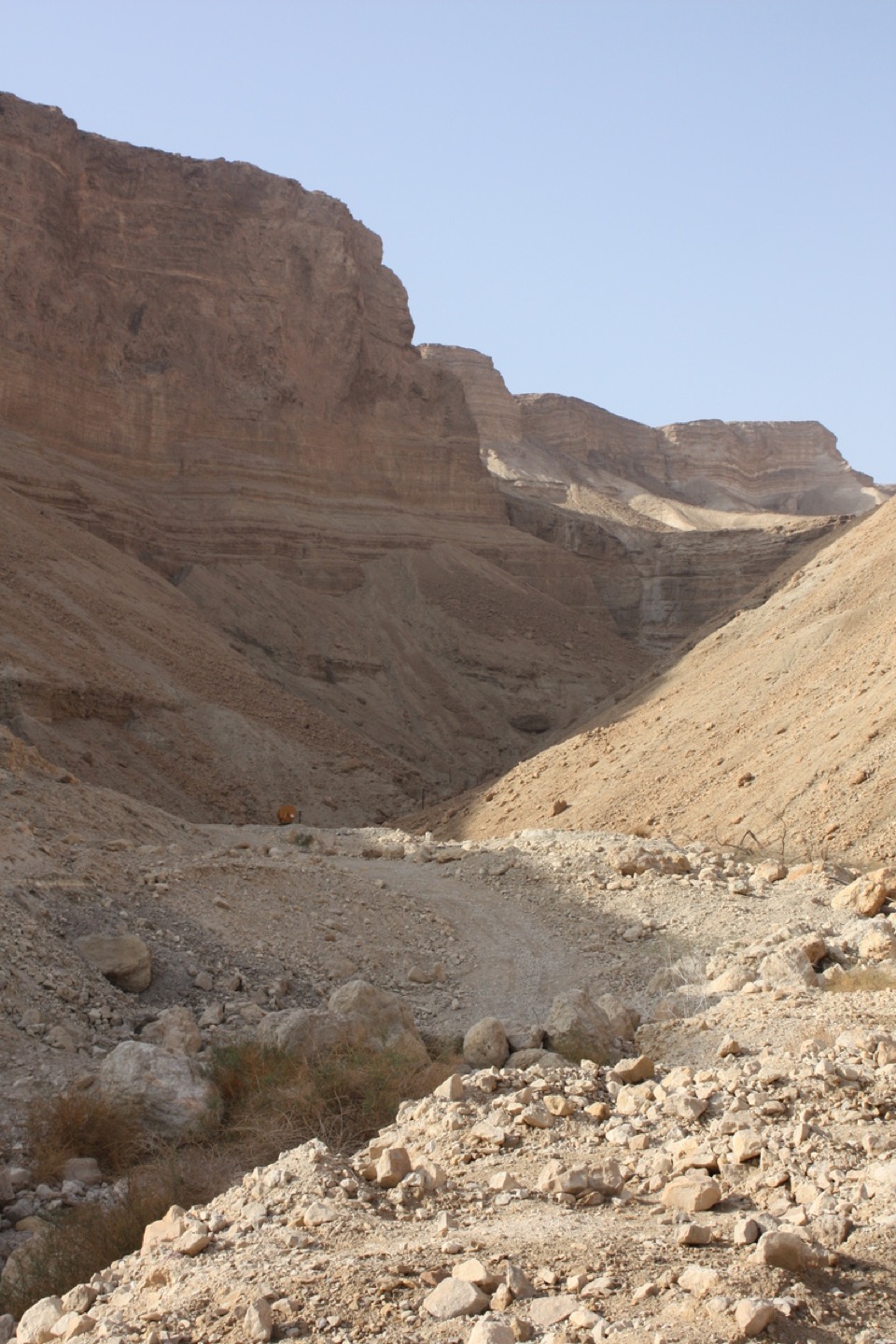
One of the more salient points that Hillel made was that the beauty of Masada lays in the life that its Jewish inhabitants maintained before their end, not in their tragic end itself. The compacted story of Masada is that it was made into a fortified hideout by the paranoid roman king Herod, captured by Jewish rebels in 66 AD, and then largely destroyed by a roman siege around 73 AD. When the Jewish rebels realized their eventual defeat upon running out of ammunition, they decided to commit mass suicide instead of submit to capture and enslavement by the Romans. While the story of Masada is very powerful, I tend to agree with Hillel. Life in ancient Masada was surprisingly rich and comfortable, for living in the middle of a desert 2,000 years ago. The facilities built straight into the mountain for bathing, food storage, defense, and most impressively water collection were absolutely fascinating and ingenious. Its hard to believe that the Romans were able to create a fully functional city housing thousands of soldiers on top of a mountain in a desert. Solely utilizing technology from over 2,000 years ago, Masada’s inhabitants could store years worth of food, have a steady stream of water, and even have the luxury of hot baths. Also, the Jewish rebels converted the roman horse stables into a synagogue. To honor the spirit of Masada, the synagogue is still used. I’m not sure how much its actually used or what its used for (its quite small), but when we visited it we saw a rabbi inside making copies of the torah. Masada was definitely a high point of the day.
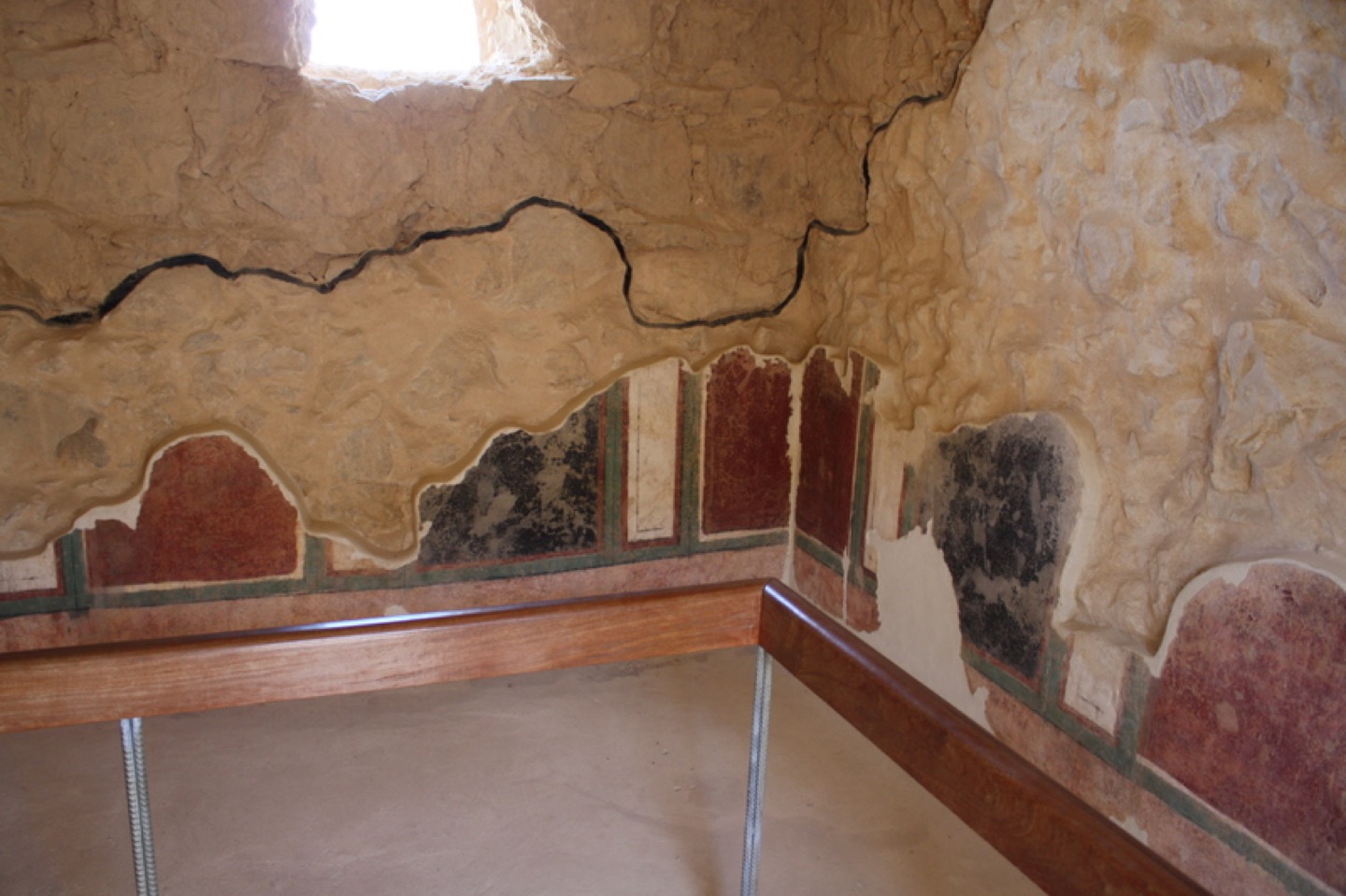
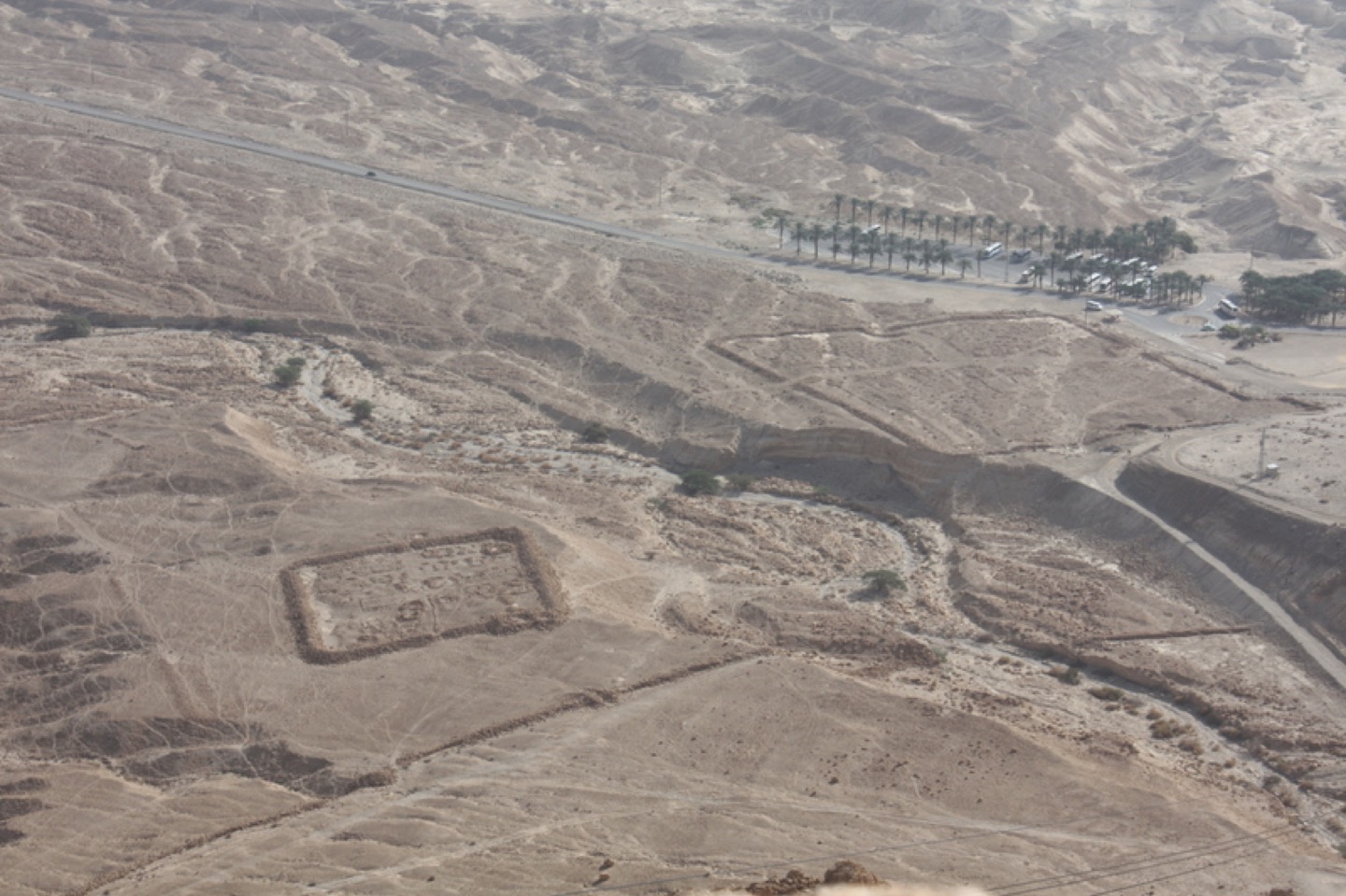
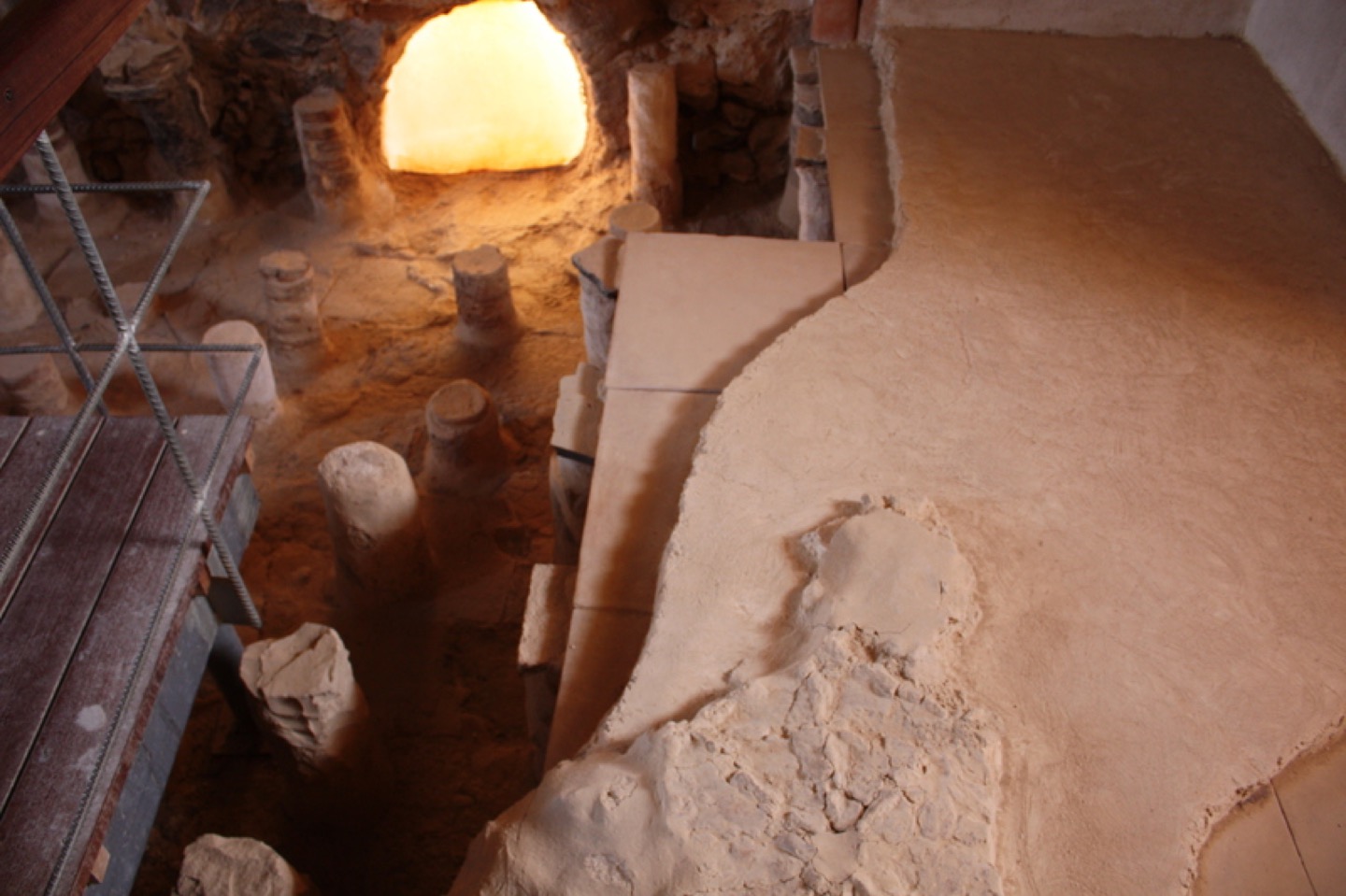
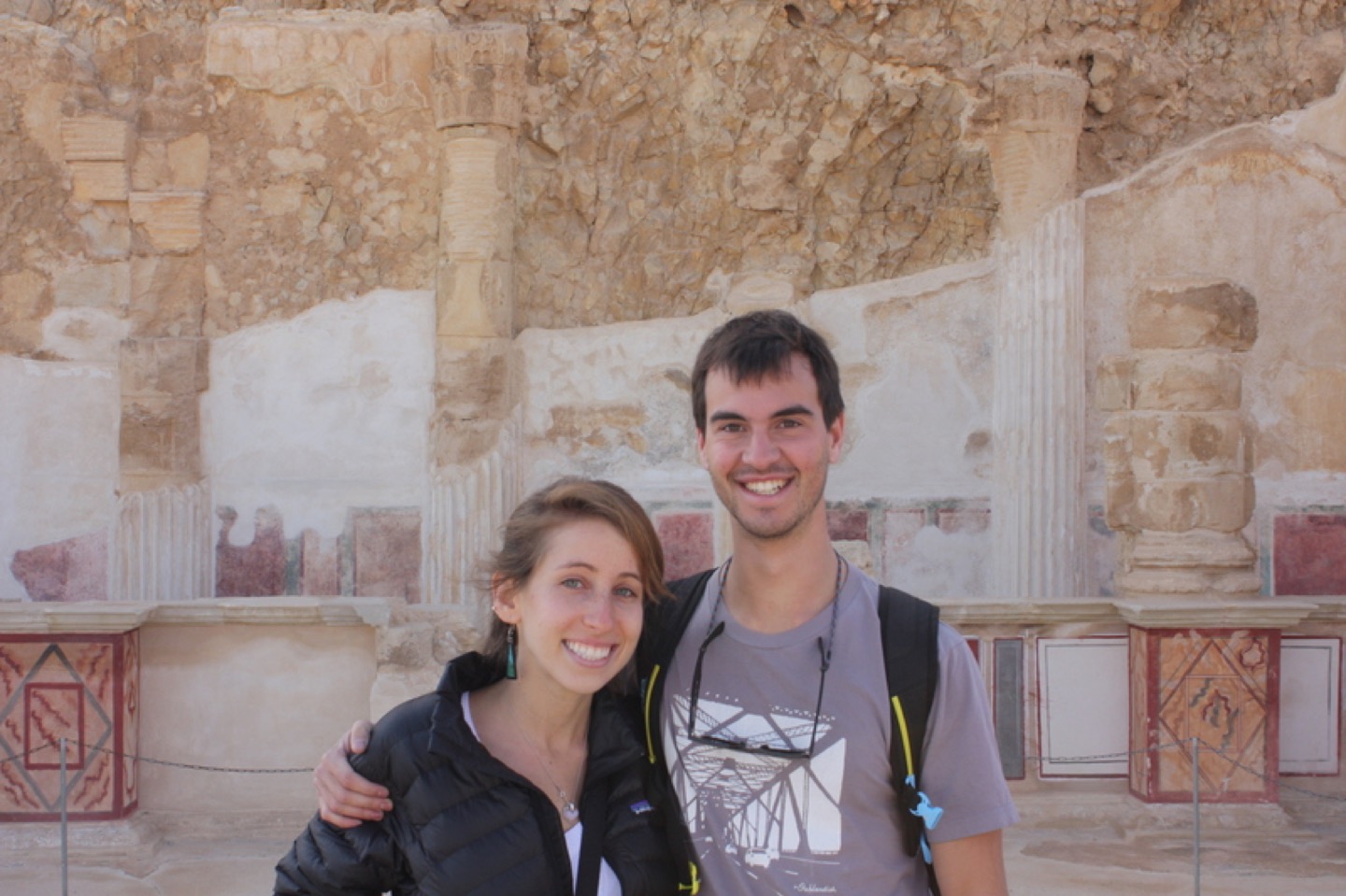
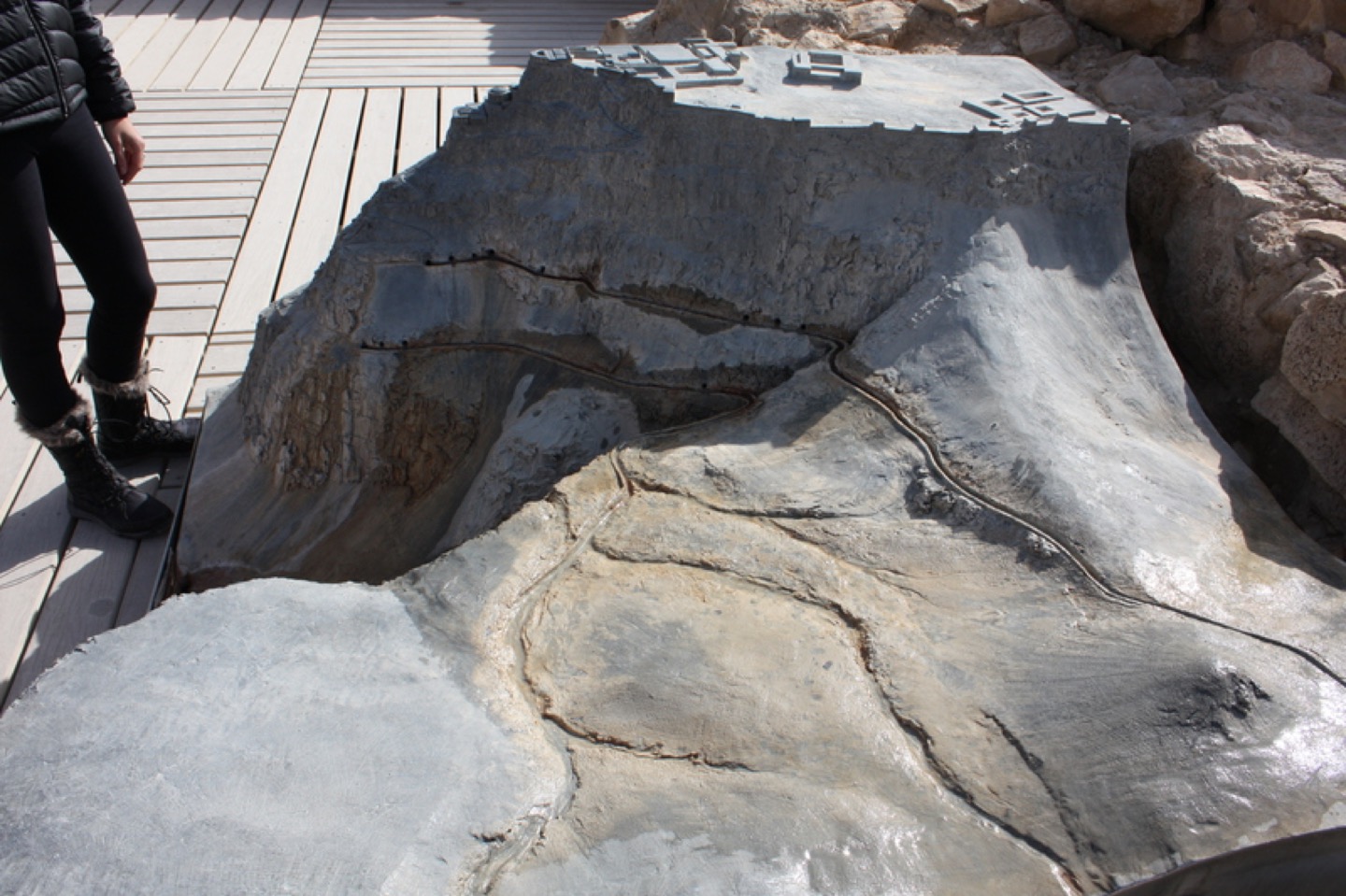
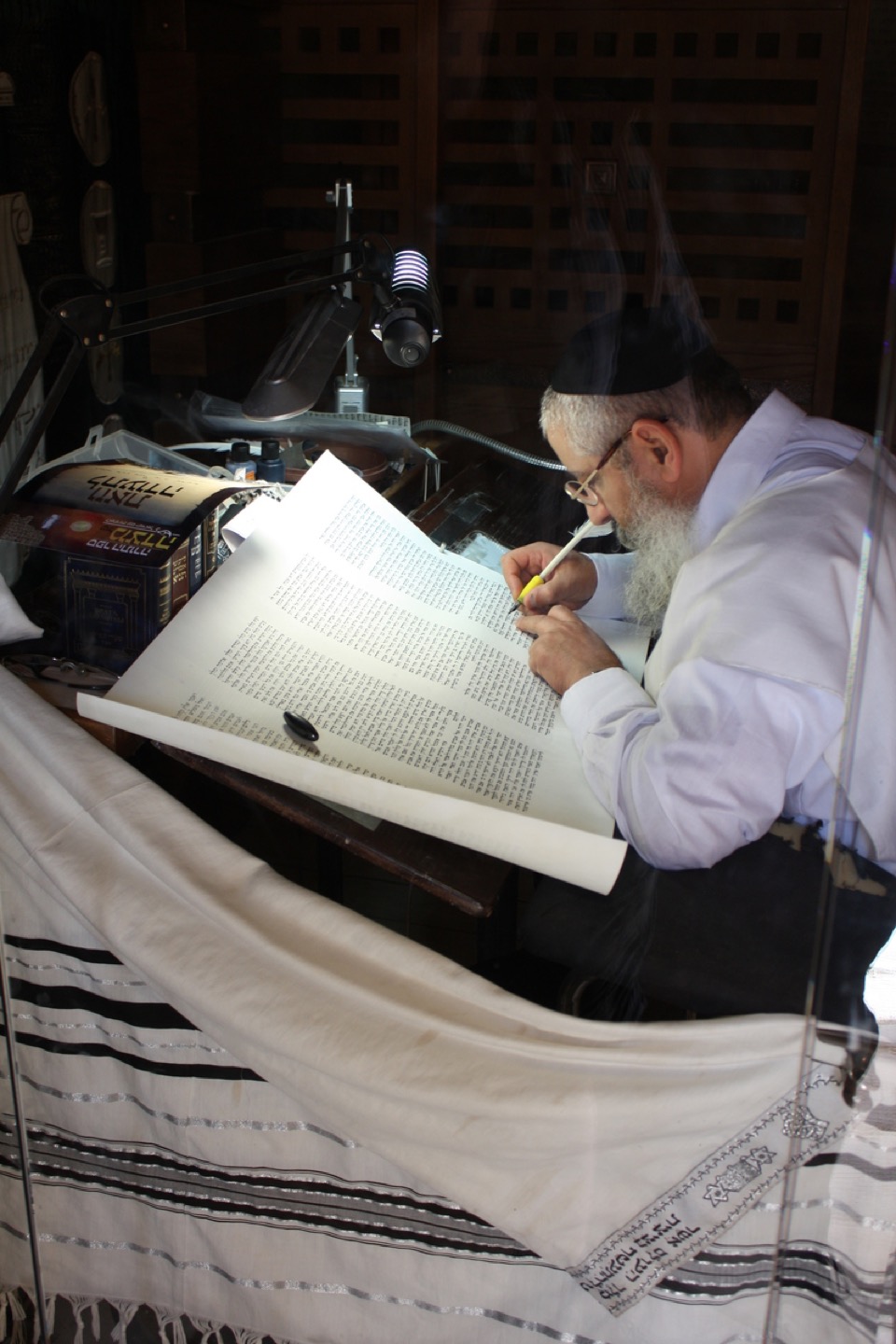
Our next stop was Ein Gedi, which is a little area north of Masada that has pretty vegetation and a stream running through it. Like Masada, Ein Gedi is surrounded by barren desert. We went for a short walk up the stream and I swam around in a cold pool around the base of a small waterfall.
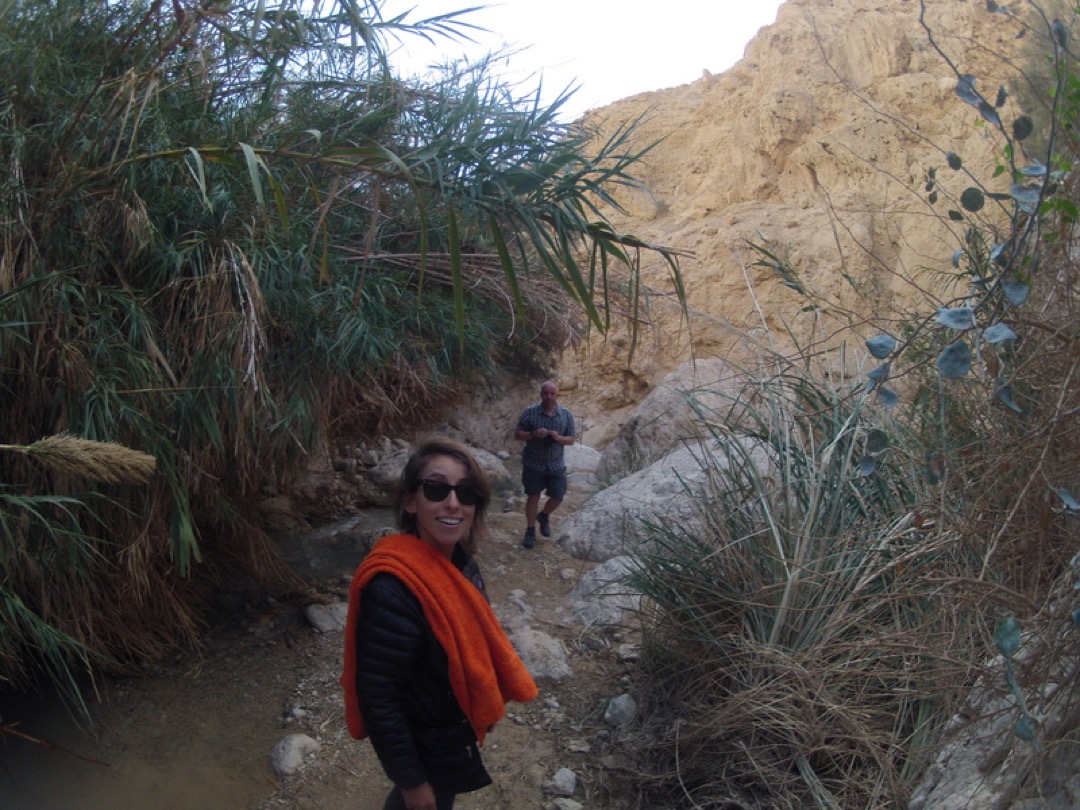
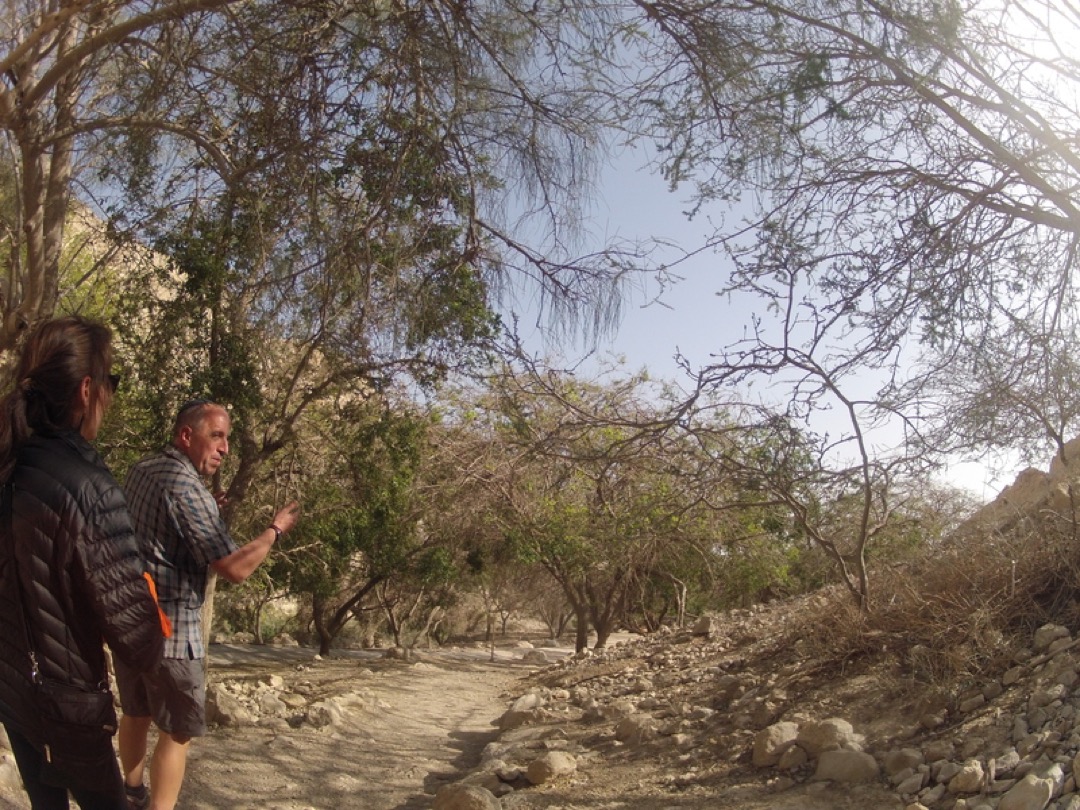
We then moved onto the dead sea. It seems obligatory that when one goes to Masada one also goes to float in the Dead sea. They are right next to each other, and if you buy enough Aveda skin care products at the base of Masada you are granted free entrance to a little spa and resort. We did as the tourists do, taking the opportunity to buy gifts for our parents. The resort was packed with exclusively birthright attendees, most of which were probably of the age group 18-22. Hillel also leads birthright trips, and shared with us earlier that he isn’t too fond of that age group (apparently most American 18-year-olds want to drink more than learn about Israel, go figure). We followed along with the hordes of birthrighters and floated in the dead sea, doused ourselves in mud, floated again, and changed and left. It was very touristy and crowded and weird being with young birthrighters, but it was something we were obligated to do. Also, actually being in the dead sea was surreal. It has around a 33% salt content, which makes you unexpectedly buoyant. I felt like a wine cork bobbing around in normal water; it would’ve been hard to submerge your entire body (although you wouldn’t want to, because the salty water burns your eyes).
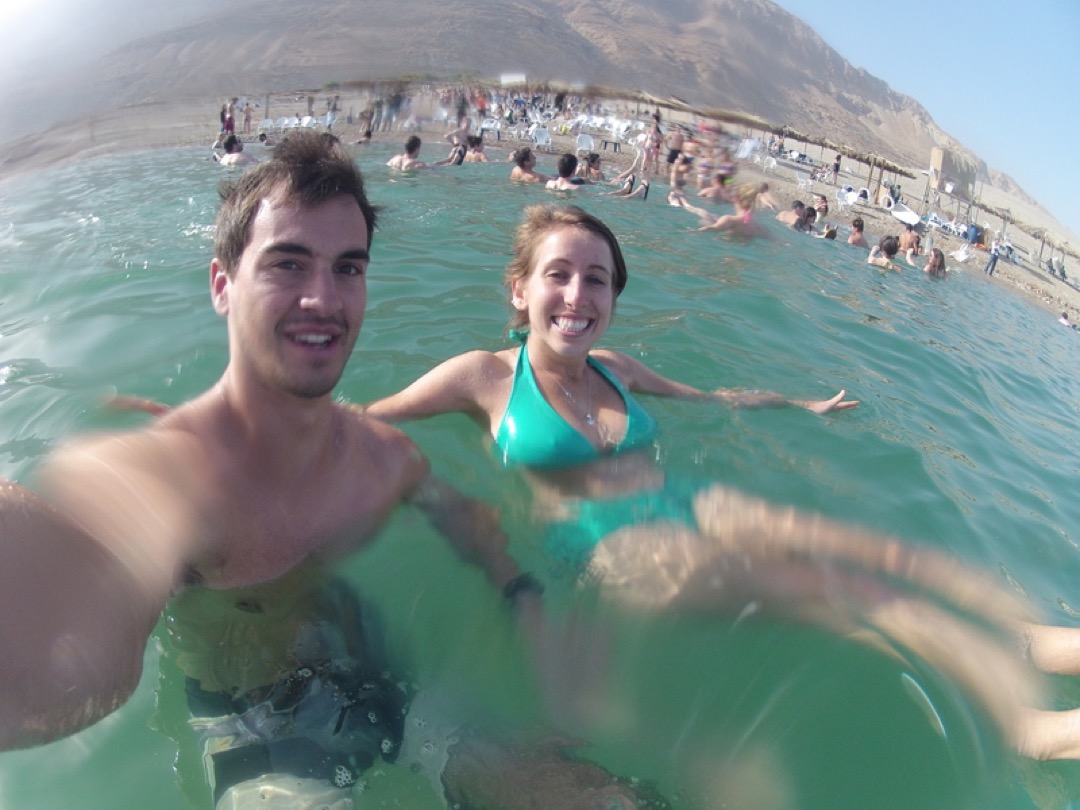
Around 3 in the afternoon, we started to make our way back towards Jerusalem. We stopped at the Jordan river in hopes of witnessing baptisms (people believe Jesus was baptized there), but we just missed a tour bus full of freshly-baptized Christians. We also briefly stopped at a Bedouin outpost along the side of the highway and took pictures.
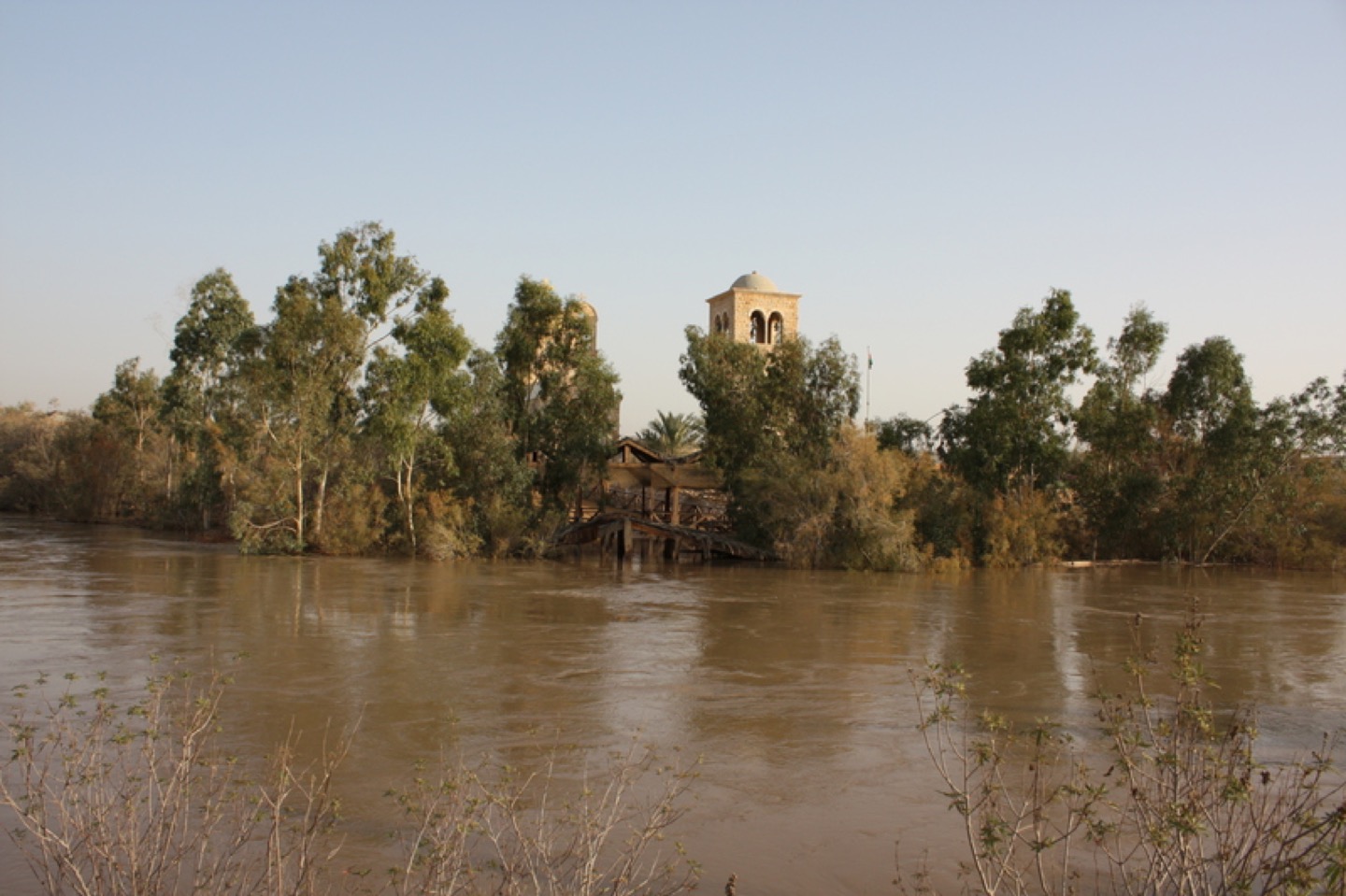
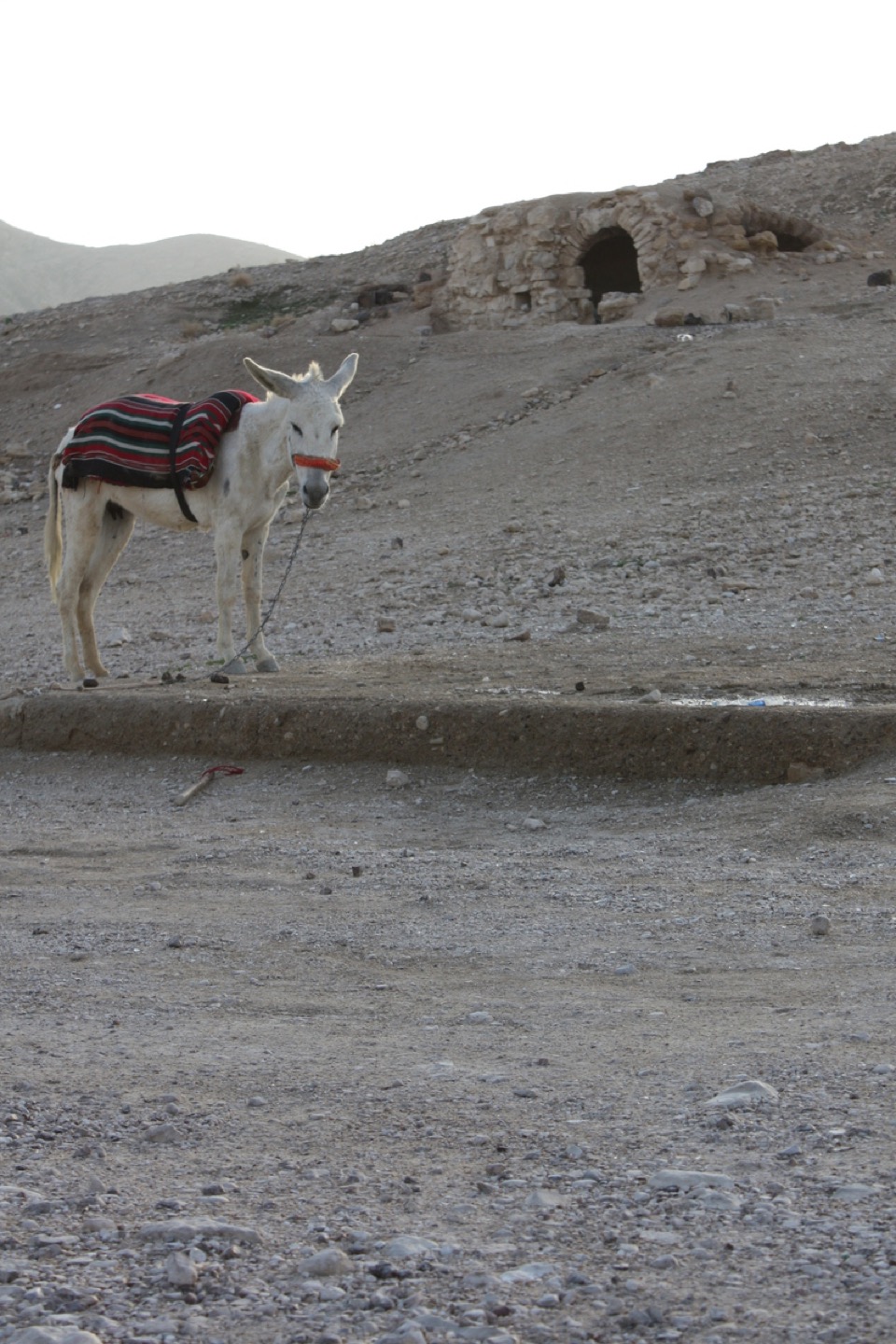
We got back to Jerusalem and then had to bid Hillel farewell. Hillel was by far the best person I could’ve imagined to introduce me to Israel. He was instantly our friend, and we got the opportunity to discuss so much more than just history and key points about sites of interest. I can’t even begin to describe how fantastic of a guide Hillel was, nor even enumerate the qualities that made him so good. After saying our goodbyes, we headed out to a little restaurant that Hillel recommended and I nearly fell asleep while eating. Utterly exhausted, we caught a cab home and passed out immediately.